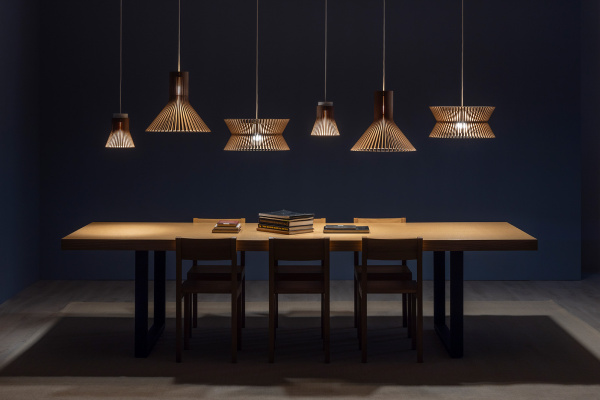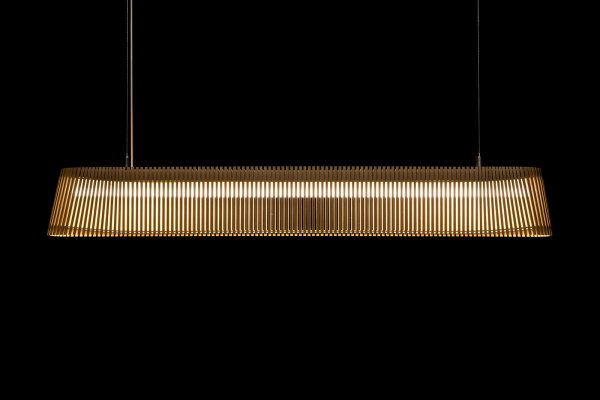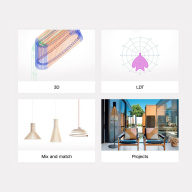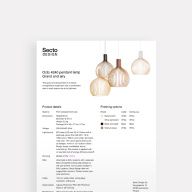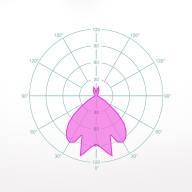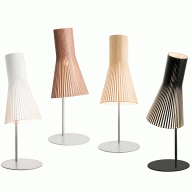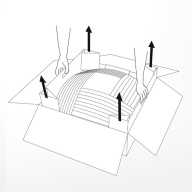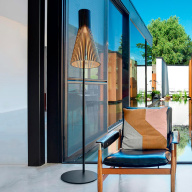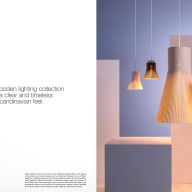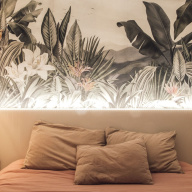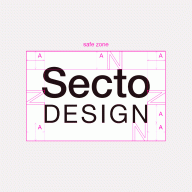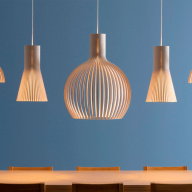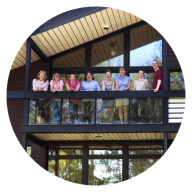Secto Design at the Cultural Institute in Madrid
Secto Design has had the pleasure of being in frequent interaction with the Finnish Cultural Institute in Madrid that operates as a bridge between the Finnish and the Spanish as well as the Portuguese speaking world. Its main purpose is to promote Finnish culture, arts, research and business for the over 700 million people living in these areas.
The Institute was founded in 1996 and is maintained by the Ibero-American Foundation. Ever since the establishment, the Institute has collaborated with the Complutense University of Madrid. The operation of the Institute is funded by the Finnish Ministry of Education and Culture. The modern office and exhibition space is nowadays located in the heart of Madrid, in the district of Barrio de las Letras, nearby all the famous museums.
When the Institute moved to their new location last spring, the architect Luis Benito from the Architecture and Interior Design Agency Ubicca chose the lighting from the Secto Design collection. “Due to the excessively neutral initial context, Secto Design luminaries are the most decisive elements in terms of providing warmth and distinction in the design of the new space of the Finnish Cultural Institute in Madrid”, describes Mr Benito his choice of lighting.

The Atto, Secto and Victo pendants illuminate the meeting areas with their warm light. The pendants were arranged in rows and groups to create the best composition for each space.
There are different kinds of lighting needs for an office space than for a meeting room or a gallery. However, there was a sufficient amount of choice in the Secto Design collection to meet all these different lighting needs and still maintain a consistent feel throughout the space.

The elongated Owalo pendants were chosen for above the workstations.
The variety in the functions of the space sets certain requirements for the interior choices. The director of the The Finnish Cultural Institute Pauliina Ståhlberg states: “We facilitate lots of different types of events such as exhibitions, movie premiers and workshops. The space has to be able to transform to meet the constantly changing needs. That is the reason why the rooms cannot be heavily furnished. However, we want the Institute’s interiors to represent our home country. The architect followed our wishes, and created a warm and welcoming feeling by choosing the Secto Design lamps that spread natural light around them. They also represent Finnish design, which we are committed to proudly promote.”

The Institute's facilities are transformable. For example, the staff dining table, lit by two Victo pendants, was converted into a serving table for the opening of the Secto Design exhibition.
During recent years Madrid has significantly raised its position as a city where international companies want to be established. Due to the highly competitive nature of the city, Madrid is not the easiest place to catch the attention of the professional audience. However, the motivated and talented team behind the Finnish Cultural Institute of Madrid has already been well recognized and their performance merited among several cultural ambassadors in Madrid. Pauliina Ståhlberg, the director of the Institute, also chairs the network of the European cultural institutes in Madrid.
In March 2023, Secto Design had the honour of exhibiting the Secto Design lamp collection at the Finnish Cultural Institute in Madrid. This occasion was special for our entire company, as Spain was one at the first countries, where Secto Design lamps were exported 20 years ago.

Guests of honour, including architect Louis Benito in the middle, gathered in the gallery to listen to the opening speeches during the vernissage of the Secto Design exhibition.

The opening of the Secto Design exhibition was visited by directors of the National Museum and the city of Madrid. On the left, Sofía Rodríguez Bernis, Director of the Museo Nacional de Artes Decorativas, and Félix de la Fuente Andrés, Subdirector of the Museo Nacional de Artes Decorativas.
On the right, representing the city of Madrid, Ricardo Iglesias García, Head of the External Relations Service, and Rocío Picón Rodríguez, Deputy Director of International Institutional Relations of the Mayor's Office.


